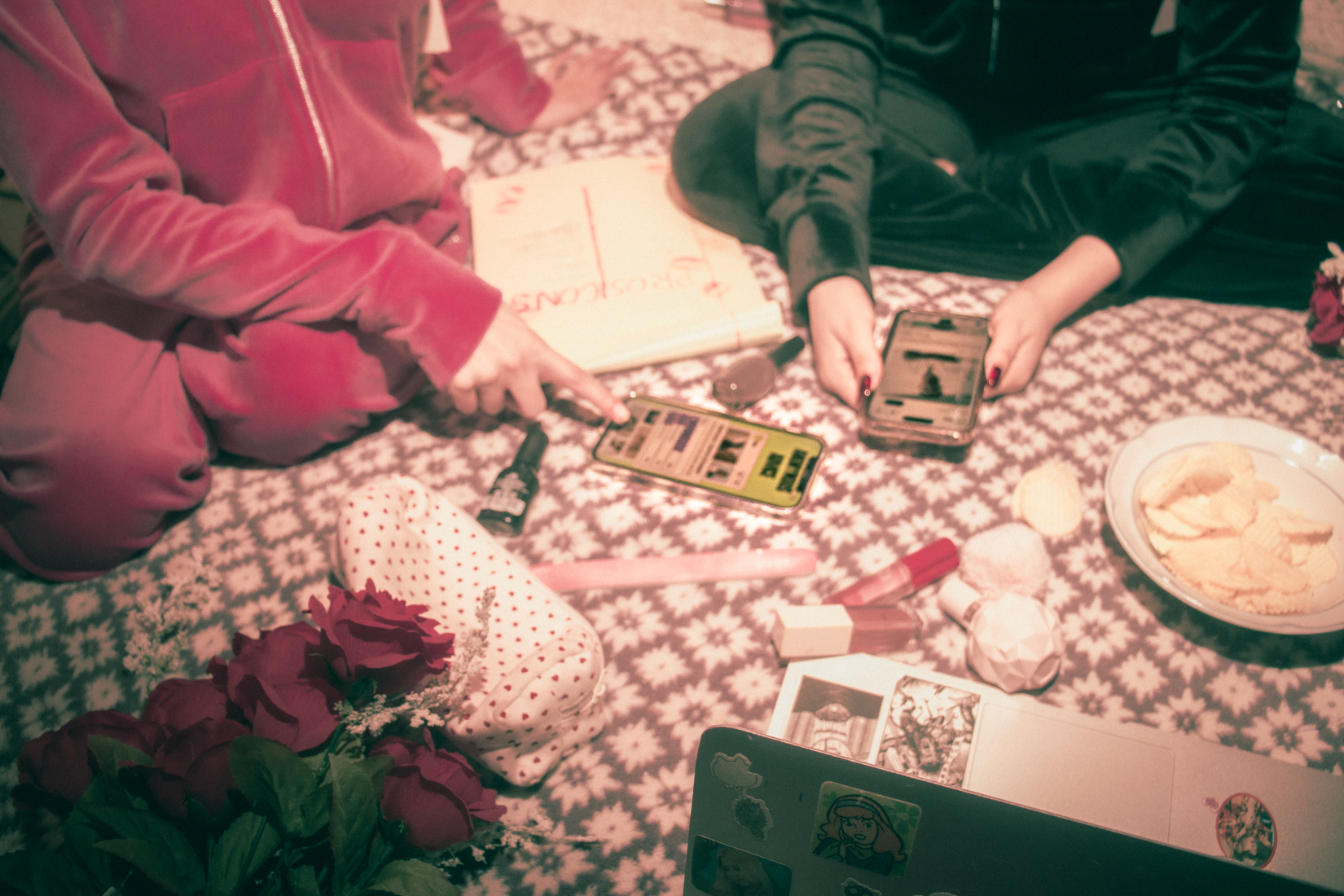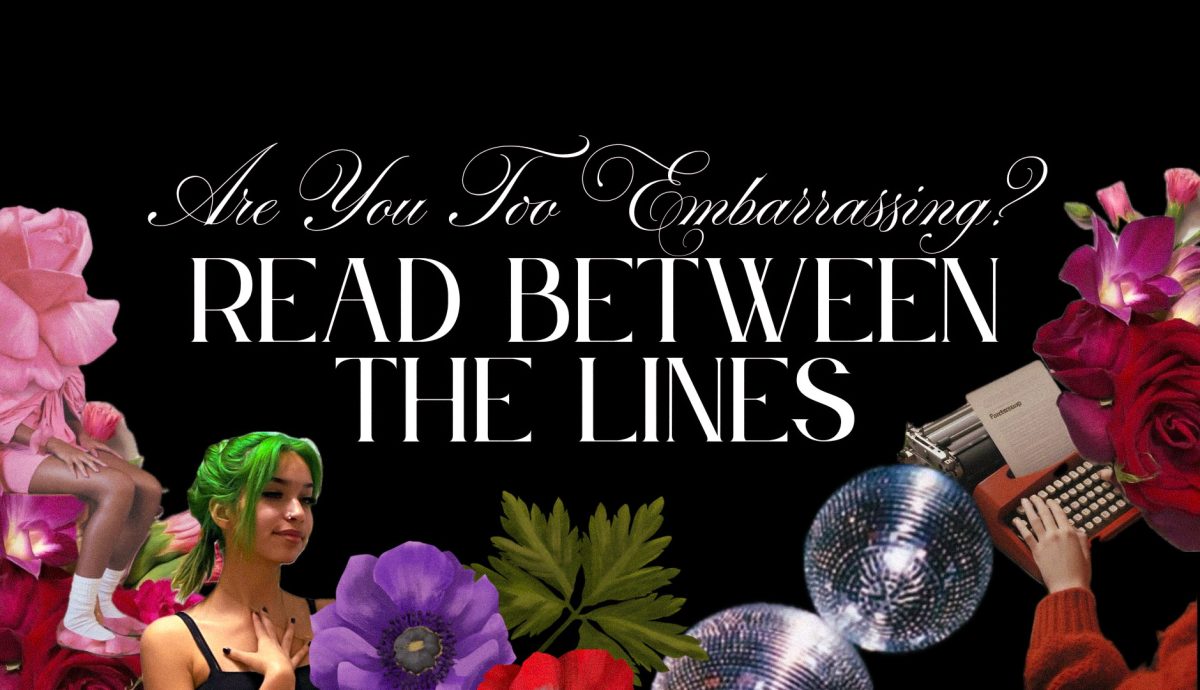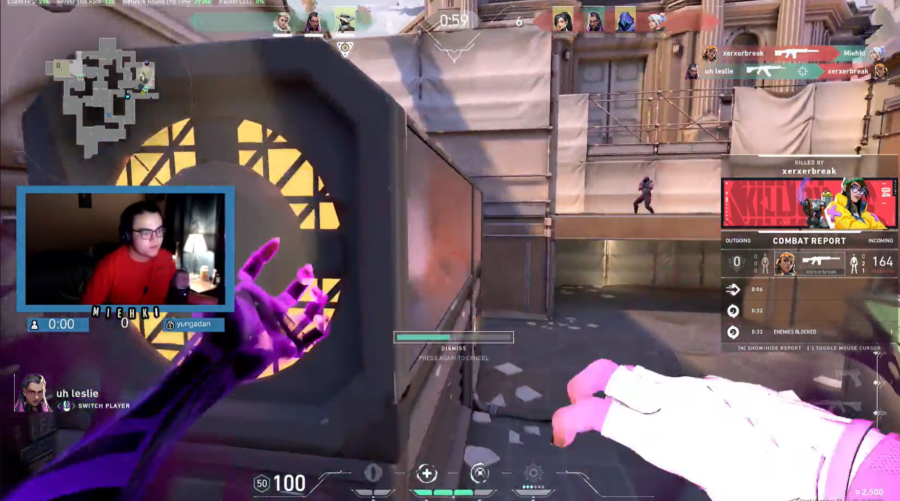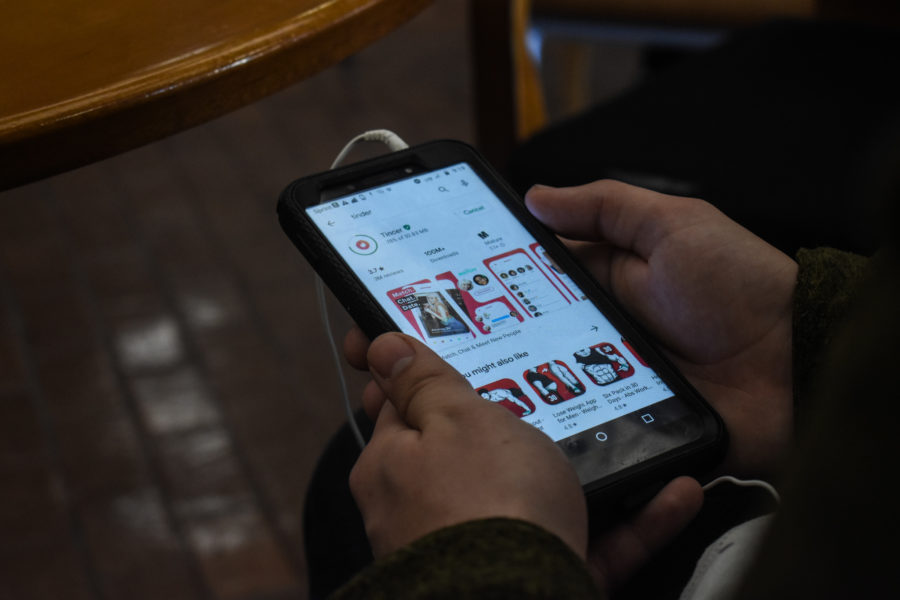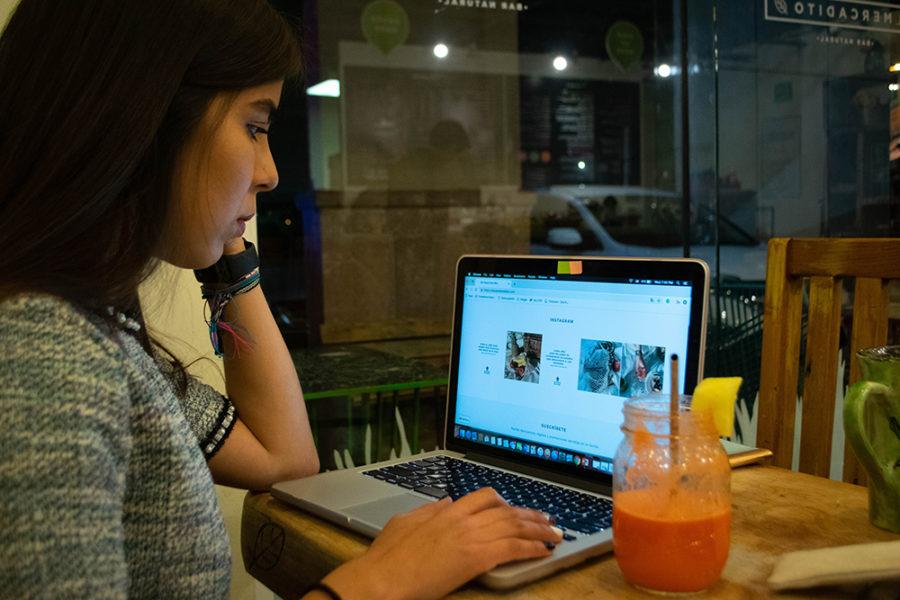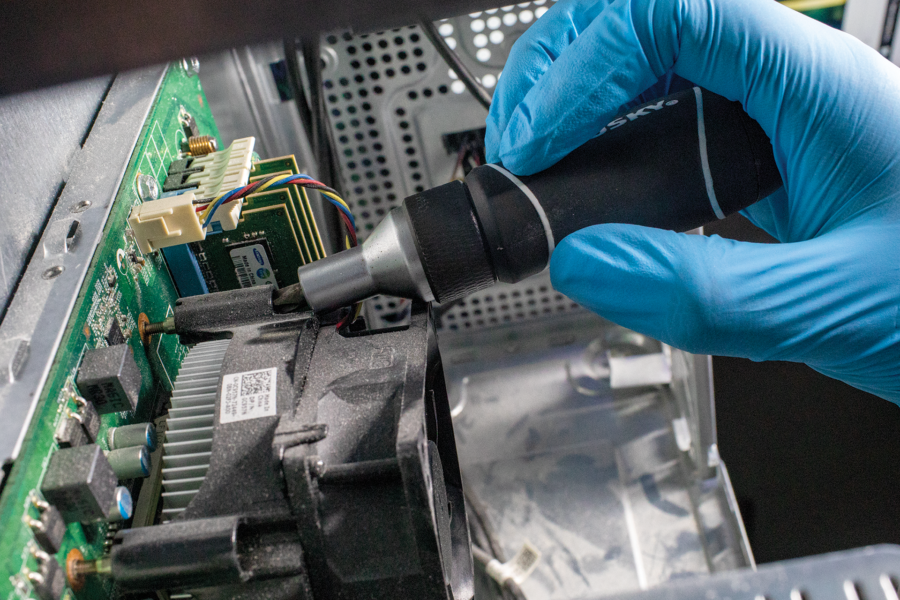Today’s dating era is NOT for the weak. The situation is getting out of control, and instead of inspiring romance we have pop singers like Sabrina Carpenter writing lyrics like “There’s nobody’s son, nobody’s son not anyone left for me to believe in” in her newest album “Man’s Best Friend.” With emotional scammers hiding in every single social media page, or dating app, it could really be anyone. There are no warnings. Some men may start out charming and then when it is least expected, you find yourself crying on the bathroom floor. You’re left with nothing but PTSD that keeps you from dating again, and a chronic broken heart that feels impossible to heal, thinking to yourself:
“How could this happen to me?”
“How could I have missed the red flags?”
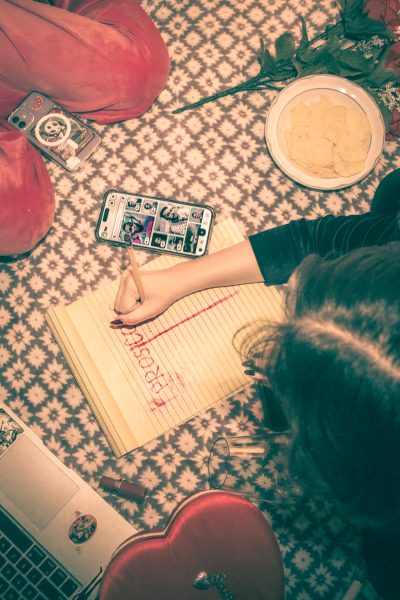
The issue is, in the digital dating era of 2025, the idea of a ‘meet-cute’ has been rewritten. What once looked like two strangers reaching for the same book on a store shelf or locking eyes over a latte in a crowded coffee shop, has now flattened into back-and-forth texts and late-night slides into DMs. The spontaneity of bumping into someone has been replaced by curated profiles and carefully typed introductions. Meaning, there has never been an easier time to fake an entire personality or even hide serious information like criminal records or marital status.
The problem hit close to home for Sean Cook, the creator of the Tea App, when his own mother was catfished by a guy who held a criminal record. In that moment, Sean, like many people, realized how dating in the digital era is not a safe space for women. According to the Pew Research Center, statistics show that on dating apps, 1 out of 3 users have reported being catfished in the last year, and 44% of women have experienced some form of sexual harassment or bullying while dating online.
Cook, inspired by his mom’s awful experience had an idea to launch an app made just for women, where they could rate the men they have gone out on dates with. Sound familiar? Think Mean Girls’ infamous Burn Book, a place where women also would expose whether the men were married, or if they had a history of being sex offenders. Cook’s mission was to give women a place to help each other out. In his own words: “Tea is more than an app; it’s sisterhood.”
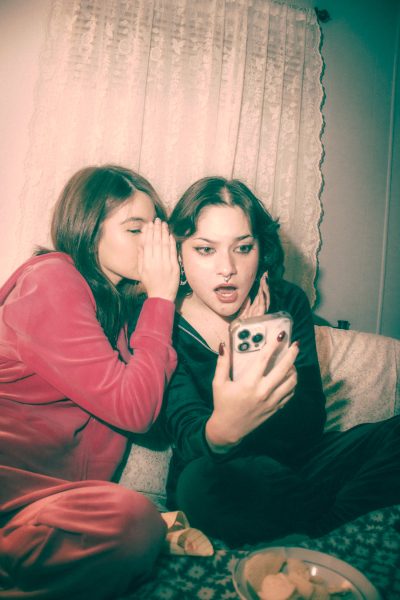
The system is quite simple. Upon submission of a government issued ID, the user is granted access to the app. After that, entering the zip code and a simple search of a man is how one can see if a man has been posted on the app. The app also has other safety functions, like verifying men’s identities through artificial intelligence, giving background checks, and finding public records. The Tea App quicky became a great solution for girls to stay safe, becoming increasingly popular with around 6 million users all over the United States.
This is not the first time women have resorted to friendship and gossip to solve an issue. In fact, the word gossip comes from the Old English word godsibb meaning godparent. Godsibbs was once a group of women who were there supporting the mother during childbirth. Because of this, the word was then used to describe a close friend, or a sister.
So, when did gossiping start getting such a bad connotation? Women quickly noticed that when they came together, they could form a strong resistance to the patriarchal power structures. Because gossip created a network that openly excluded men in power, those same power holders began branding it as idle chatter, villainizing it for generations to come.
A similar situation happened to the Tea App this past July. Even though the app was made for girls to help other girls out, some people found it offensive and divisive. Like any other social media platform, there was no way to guarantee if what was said on there was based on facts. Many people, especially men, were mad that there was no way for them to know if they were on it. The Tea App became a controversial topic, and later a national news story when it got hacked, leaving all their users’ information leaked.
This takes us back to the beginning: women fearing their safety—after being blamed for doing what they thought was necessary to protect one another. For centuries, women protecting themselves through bonding and raising their voices to share their stories has been perceived as a synonym of hating or discriminating against men.
So, you agree… you think this is about men?
Even though the Tea App was created by a man, we have a riddle here: the users who used it to take care of themselves are the ones getting hated on, and the single/taken men, are furtive, because they don’t know if someone has their information and history secretly held by many women on the Tea App.
The ironic thing is that gossip was never about men or spreading lies; it was about girls protecting girls. The Tea App was always about female safety, not about male indictment.
The worst part is, online, sisterhood was turned ragingly inwards—Regina George style. Many girls blame each other for showing the men what other girls were saying about them. There’s a famous Hispanic saying which says “El peor enemigo de una mujer, es otra mujer” or “The worst enemy of a woman is another woman.”
Sisterhood is the only thing that can protect us and restore broken trust. Dating nowadays is hard, but that’s more reason to stick together as girls. Because no one knows the pain of heartbreak like another girl does, and in a world where we are constantly being turned against each other, it’s easy to forget there’s lively sisterhood before, during, and after a man!
After all, the best way to get through the tea and the tears is to support each other, either by recounting stories to remind us that we are not alone, or, through sharing playlists and listening to “Man’s Best Friend” together.
Girls want to love without fear, and even though the system may fail, girls choose to offer each other the type of sisterhood that will support each other through it all.

